This article is part of a new ongoing series presented by activist group Voices4 curated by Adam Eli. The series, like the activist group, will seek to drive change in our community by leveraging our global network and elevating marginalized voices.
Intersex body autonomy is fundamentally a queer issue. It always has been.
While intersex people (who are often referred to by the medical community as having a Difference/Disorder of Sex Development) can have any gender and sexual orientation, we have differences in our genitalia, hormones, and chromosomes that are historically and culturally assumed as abnormal, or necessitating correction. In some parts of the world, this means killing intersex babies. In the United States, this means the surgical erasure of bodily differences that pose no medical risks. Because our differences are often identified physically, intersex people don't get to choose when we come out to our families or doctors, many of whom still consider our natural differences deformities.
Adult survivors of intersex surgeries have spent decades urging medical leaders to postpone any irreversible interventions until an individual can consent, yet procedures to conform intersex infants' bodies to social gender norms continue. The surgeries are performed to avoid our being the "wrong" type of body, similar to the same type of bias that drives gay conversion therapy and dangerous transgender bathroom bills.
The medical community as a whole has long refused to listen to intersex patients' lived experiences. But California's SB 201 represents a potential tipping point. The groundbreaking bill, sponsored by San Francisco Senator Scott Wiener, along with the ACLU and Equality California, calls on medical professionals to heed international human rights guidelines and safely delay "normalizing" surgery -- like reducing a clitoris, creating a vagina, or relocating an already functional urethra so a child can pee standing up -- until the individual can weigh in. The interventions, when performed without individual consent, have been declared human rights violations by most human rights organizations that considered them. Yet advocates face an uphill battle against groups fighting to make these highly personal decisions the purview of parents and doctors, rather than the impacted individuals themselves.
The intersex bodily autonomy movement is relatively young. The internet enabled a small number of early activists to find each other in the 1990's. From the beginning, it was queer allies, especially trans women, who understood our fight and stood by us. We need these allies now more than ever. Senator Wiener, a Democrat, is a white, cisgender, gay ally who recognizes the parallel struggles of intersex and LGBTQ+ people. He has expressed dedication for working with intersex leadership on long-term solutions, demonstrating precisely the kind of engagement necessary for effective allyship: nothing about us, without us.
"LGBT people have a long history of our existence being denied... by the medical community in particular," said Senator Wiener, who added that both LGBTQ+ and intersex people have been historically subjected to "abusive psychological 'treatments' [of] conversion therapy, institutionalization, and lobotomy."
Intersex traits have always existed, but were not seen as medical problems until European doctors expressed a vested interest in preventing homosexuality. If a person's sex traits were not visibly binary, it was considered necessary to correct them in whatever direction would make the person's behavior appear heterosexual. Large clitorises were a particular target because of fear that they led to lesbian behavior.
At the center of the opposition of SB 201 is a push by parent- and doctor-led groups to exempt children with CAH (congenital adrenal hyperplasia), the most common cause of intersex traits, from the intersex umbrella, on the grounds that they are all girls -- as assumed by their XX chromosomes at birth -- making surgery on this population not intersex surgery, but a fix for a "birth defect." This narrowed definition comes from claims that for CAH children, procedures including clitoral recessions are simply affirming a child's "biological gender," making it okay to choose these procedures for children with this diagnosis. This claim is an attempt to divide the community, confuse the issue, stall on necessary social progress, and silence vulnerable children who are unable to speak for themselves.
5-15% of children with a diagnosis of CAH and XX chromosomes grow up to identify as nonbinary or male. For them, a clitoral recession can be catastrophic. Even if CAH kids grow up female, they may not want or be willing to accept the high medical risks of genital surgeries. Centering individual expression in all cases is essential to preventing harm. Those who want surgeries can choose them later. Those who don't, will never have a chance.
interACT, the lead sponsor of SB 201, oversees the world's largest coalition of intersex youth advocates, including those with CAH. interACT's Youth members with CAH represent many genders, including nonbinary individuals and cisgender women. Like the broader intersex community, The CAH community is incredibly diverse. Intersex people come in all shapes and sizes. We all deserve bodily autonomy.
Homophobia and transphobia rob intersex people of our bodily autonomy. We need our queer allies to speak up. SB 201 awaits a committee hearing on April 8th. Allies can join the fight by following interACT updates and contacting their California Senators.
RELATED | The Unstoppable Rise of Intersex Supermodel Hanne Gaby Odiele


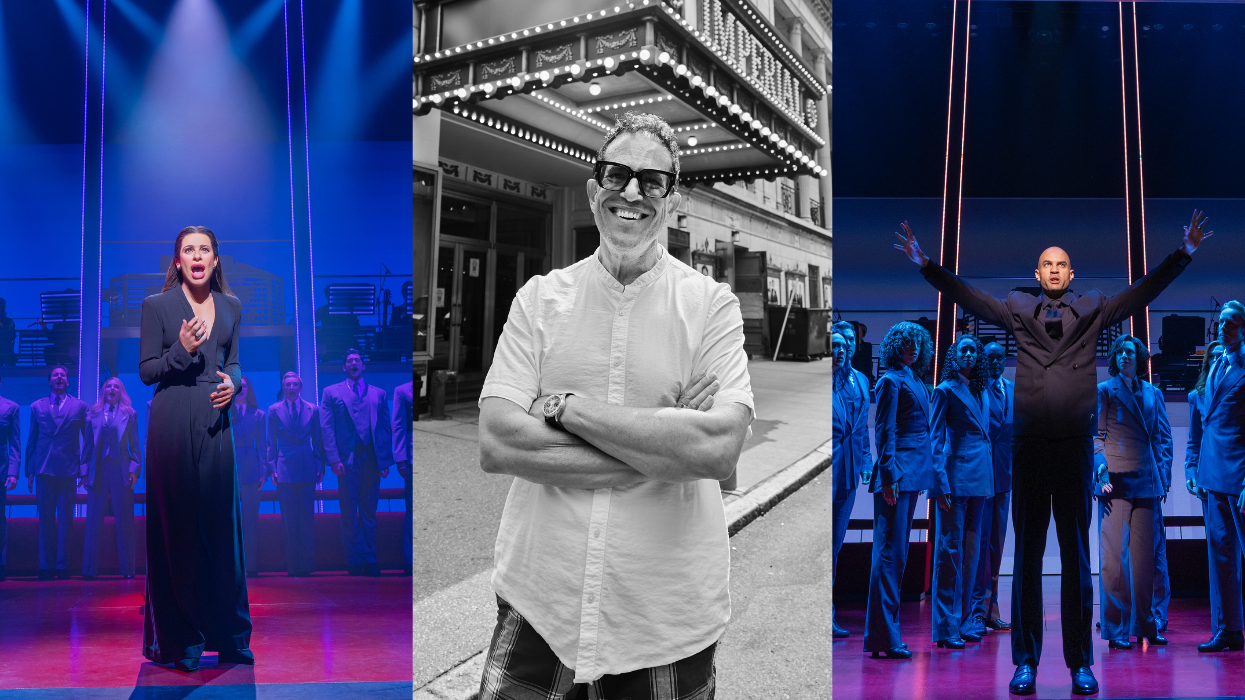

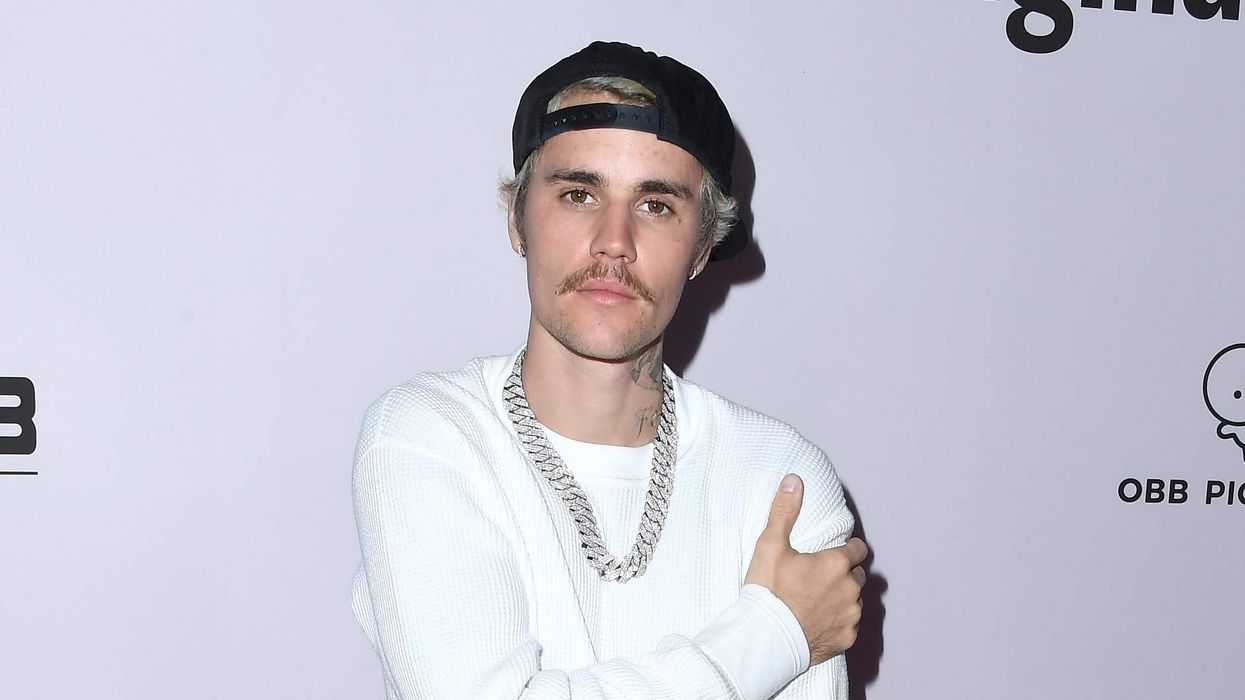












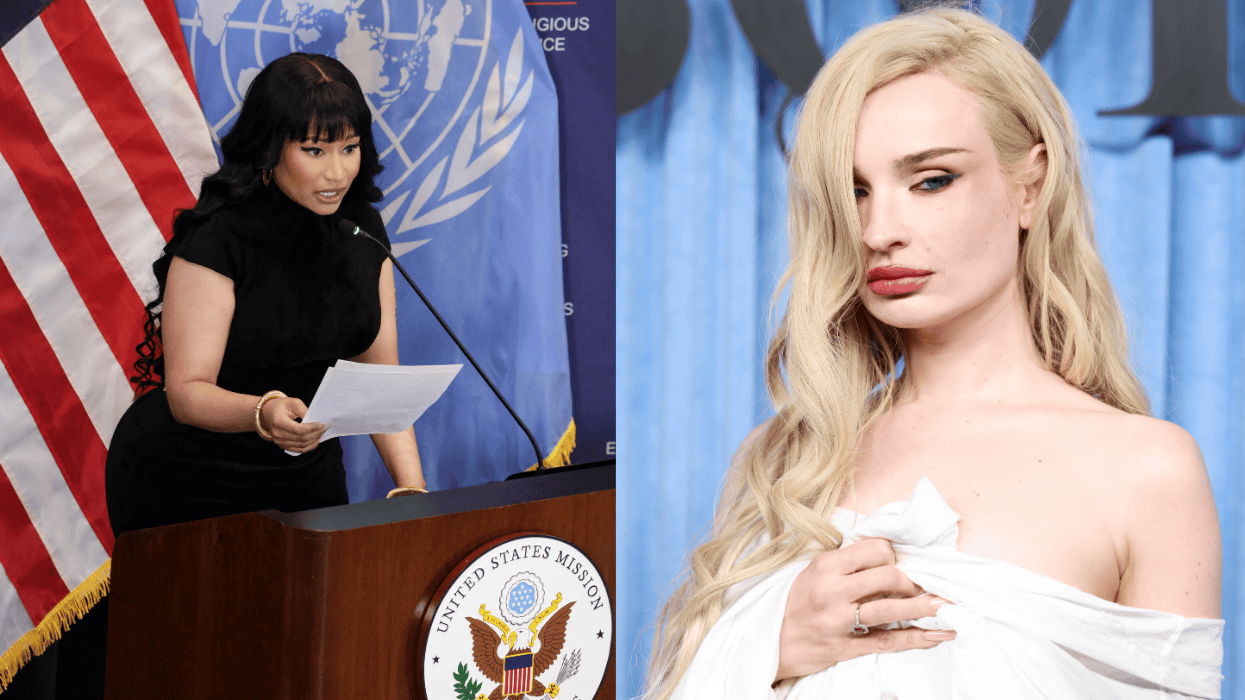
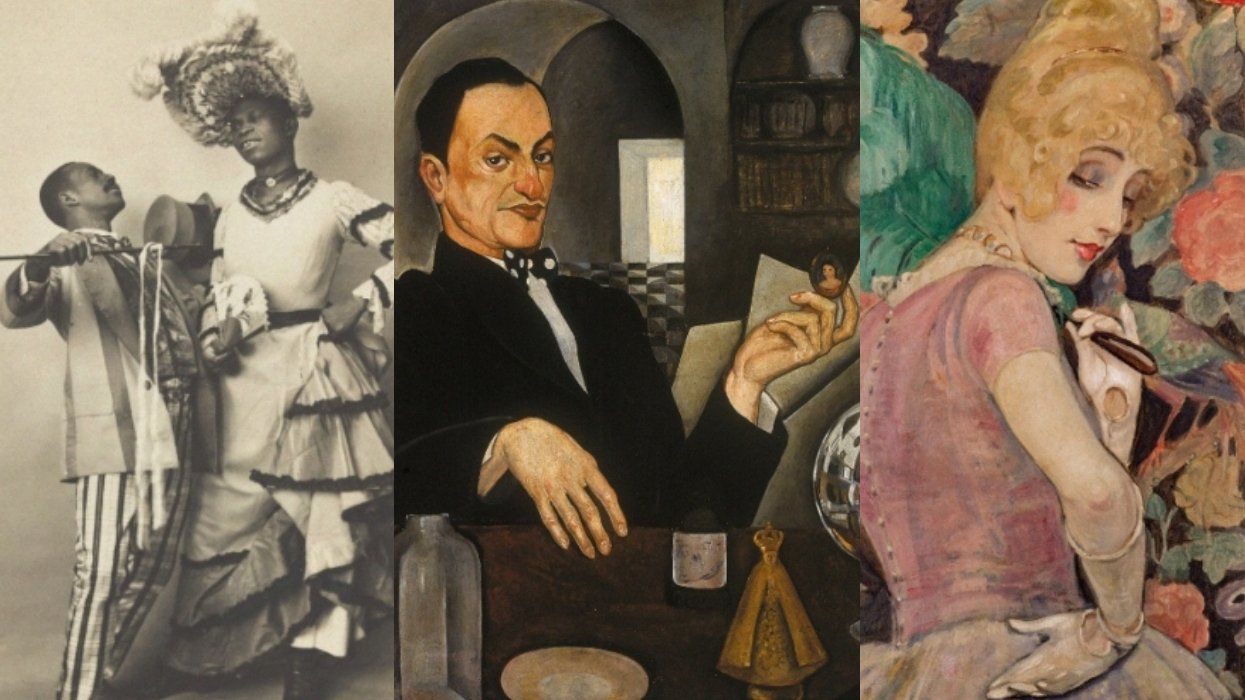


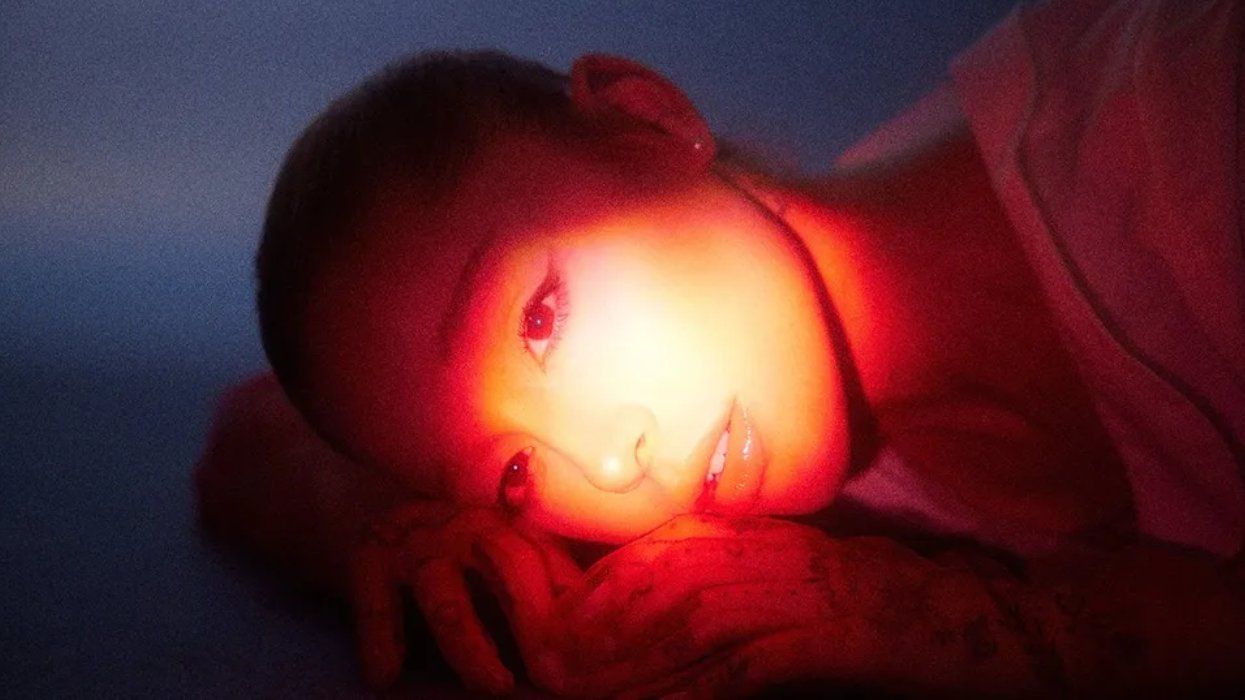
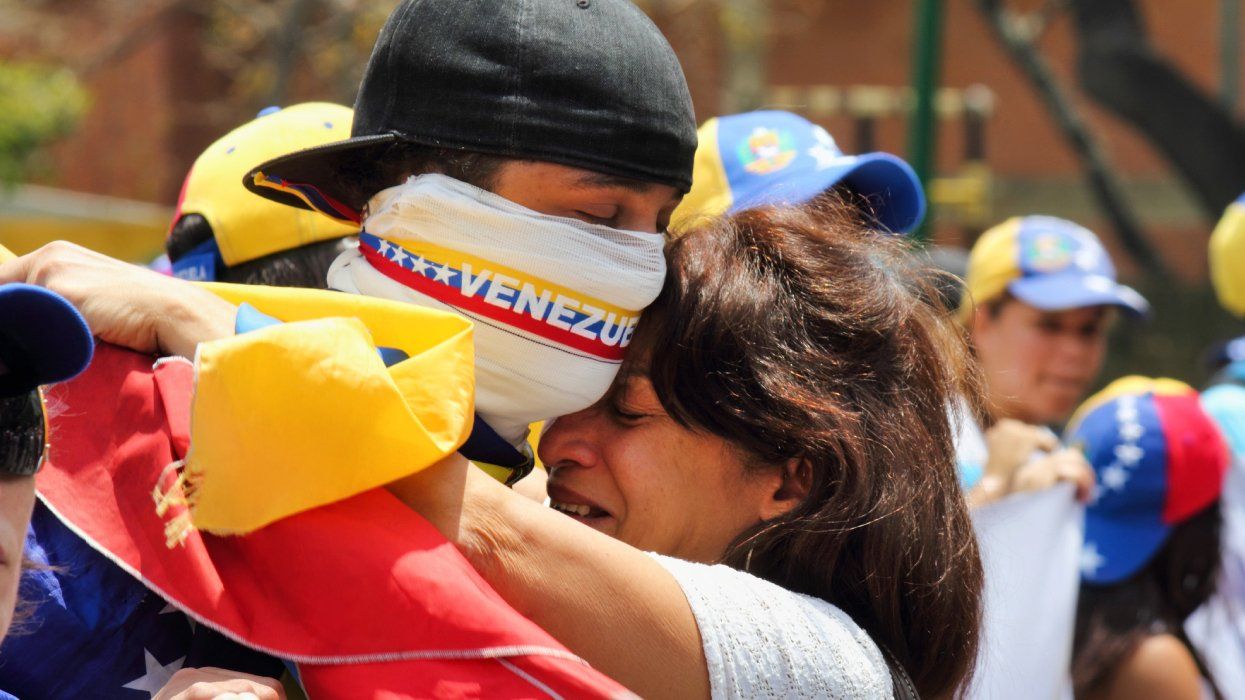
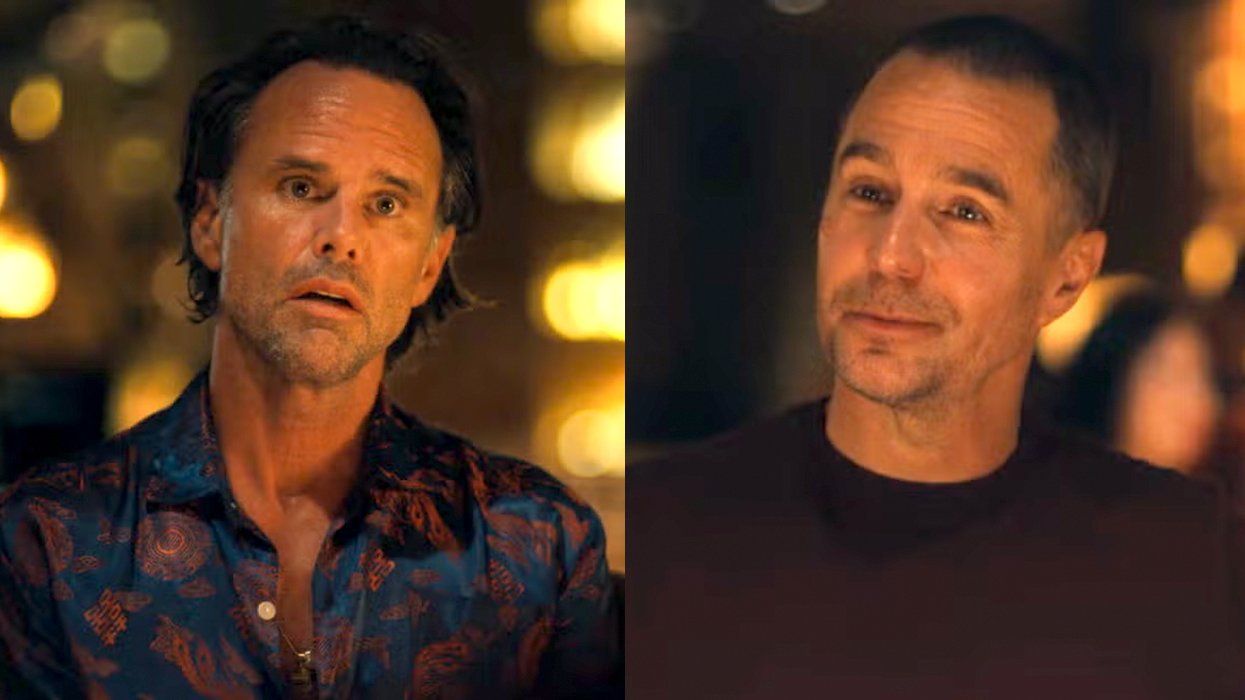

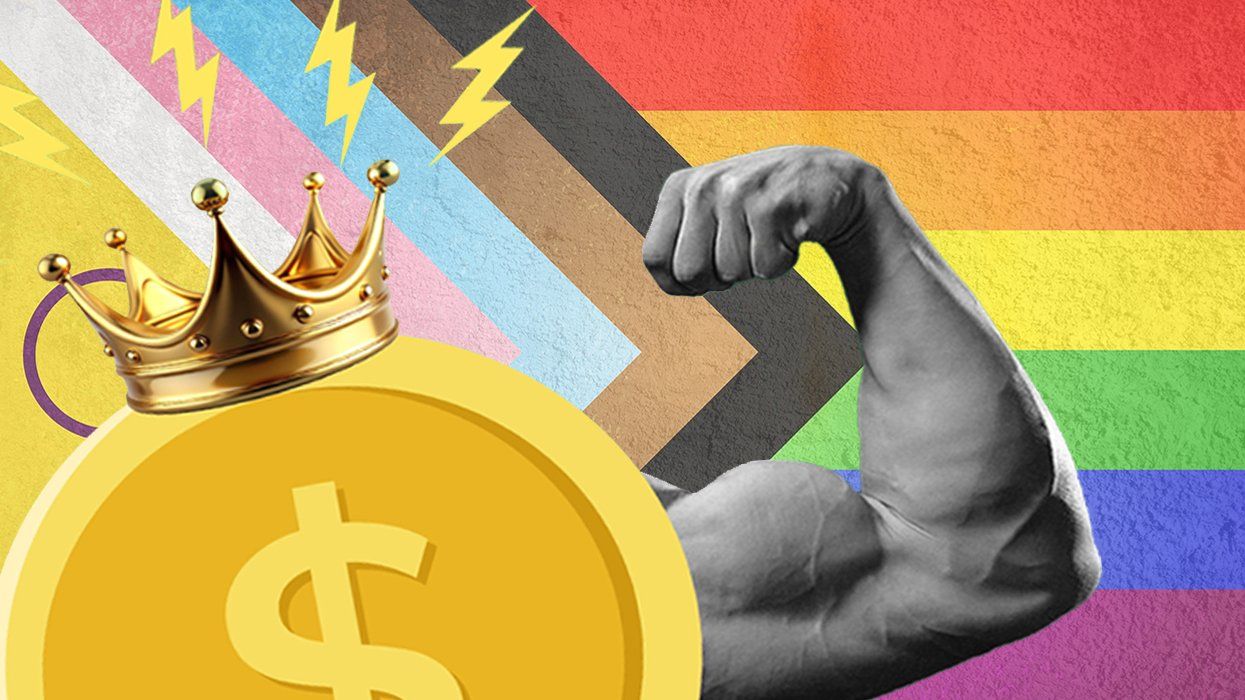




How to Support A Groundbreaking Bill for Intersex Rights
The activist group Voices4 gives us a call to action protecting the “I” in LGBTQIA.